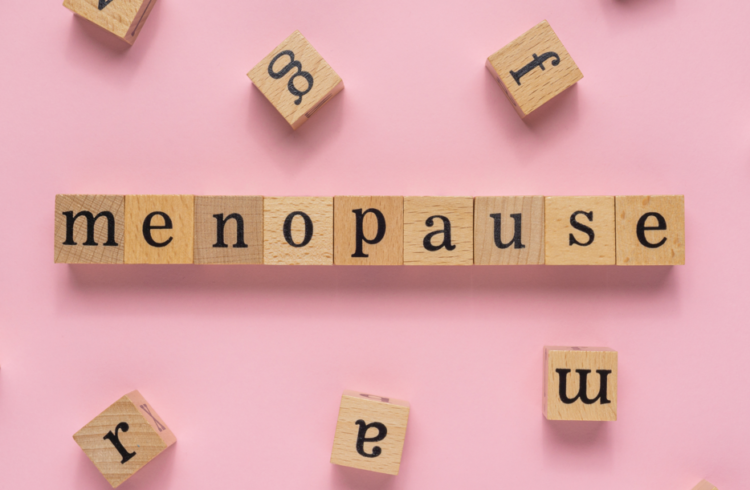The government’s refusal to make menopause a protected characteristic under the Equality Act 2010 and its rejection of a large-scale pilot of menopause leave in England have been met with widespread criticism.
In total, ministers rejected five recommendations from the Women and Equalities Committee’s menopause and the workplace report – a decision that has been labelled “short-sighted” and “complacent”.
Dee Murray, CEO and founder of Menopause Experts, says she is not surprised by the decision as she believes the proposals will take “many years of lobbying” to get passed.
“There will be so many reasons why this has not been straightforward, I suspect it will have much to do with not upsetting major corporations as this will impact their bottom line. However, the bigger picture is that long-term sickness also affects their bottom line, so this is very short-sighted,” she said.
While the government accepted, partly accepted or accepted in principle six of the proposals, originally set out in July 2022, the Committee expressed disappointment that it had failed to commit to any new work as a result.
Chair of the Women and Equalities Committee, Rt Hon Caroline Nokes MP, said: “This belated response to our report is a missed opportunity to protect vast numbers of talented and experienced women from leaving the workforce, and leaves me unconvinced that menopause is a government priority.
“For too long women have faced stigma, shame and dismissive attitudes when it comes to menopause. The evidence to our inquiry was crystal clear that urgent action was needed across healthcare and work settings to properly address women’s needs, yet government progress has been glacial and its response complacent.”
Nokes also slammed ministers’ refusal to even consult on reforming equalities law, urging them to look at it again.
While the appointment of a menopause ambassador who would encourage good practice, awareness and guidance among employers was accepted ministers did not agree to work with the ambassador to create model menopause policies to help employers. This would have included: how to request reasonable adjustments and other support; advice on flexible working; sick leave for menopause symptoms; and provisions for education, training and building a supportive culture.
According to Murray, the decision will leave many women feel despondent,. However, she believes it is now down to private sector companies and other organisations to take a stand and support them, and suggests there are other ways to do this.
“Providing more education to women and men is a start,” she explains. “But we also need a real change to happen within the workplace culture. It is not enough just to have a policy in place, what is more effective is having nominated champions providing a safe ear to women suffering. This shows that employers really care and could prevent sick leave. Every workplace should have menopause champions just as they should have Mental health first aiders.”












